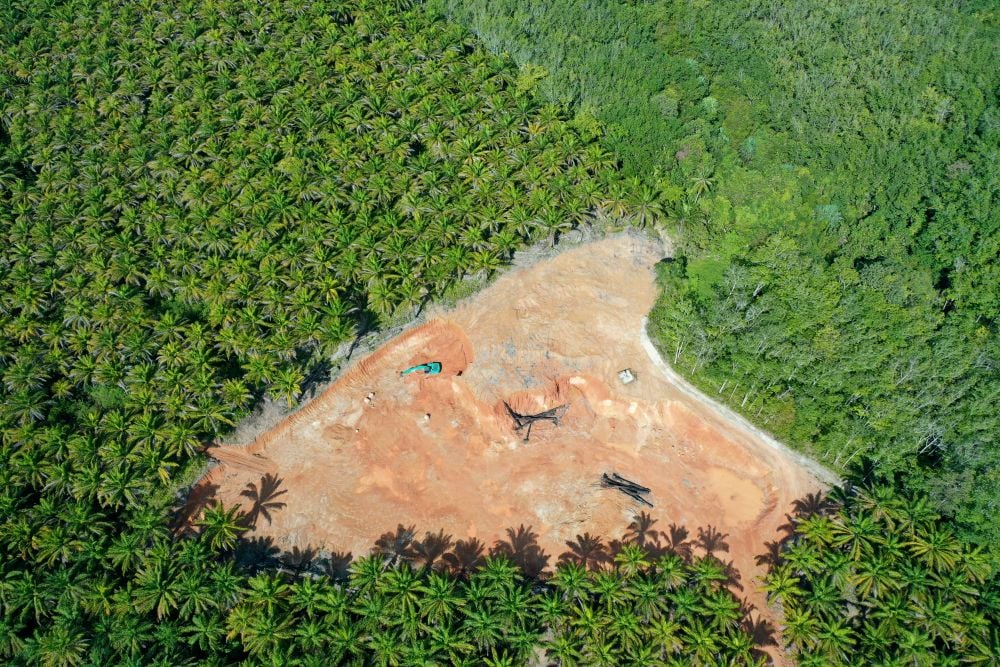Institutional investors plan to invest at least €68.2 billion (US$77.72 billion) in global real estate this year, as they shift towards value-added strategies, increasingly consider environment, social and governance (ESG) issues, and search for portfolio diversification, according to a recent survey.
The majority of this new capital is coming from European investors (52%), with their counterparts in North America and the Asia-Pacific region accounting for 26% and 21% respectively, says the 2022 Investment Intentions Survey published by ANREV, INREV and PREA, three associations that represent property investors.
Funds of funds expect to commit a further €8.5 billion, taking the total to at least €76.7 billion for the year, the survey adds. Of this total, €31.5 billion is expected to be invested in European real estate over the next two years.
At a global level, 62% of the surveyed investors say the Covid-19 pandemic will not impact their investment plans for 2022. With a gap of 120 basis points between current (8.9%) and target (10.1%) allocations to real estate, institutional capital looks set to continue to flow into the asset class during the coming year, and 61% of all surveyed investors expect their allocation to real estate to increase over the next two years.
In 2022, 41% of planned capital deployments is targeting Europe, 39% North America (the United States only) and 19% Asia-Pacific, the survey points out. Of the total expected volume of institutional investments this year, 41% is earmarked for non-listed real estate funds and 30% is planned for other non-listed real estate vehicles.
While historically investors have allocated most of their capital to core strategies – currently accounting for 83% of institutional portfolios – respondents demonstrate a notable uptick in risk appetite for new investments in 2022. This is particularly pronounced among investors targeting Europe, with over half (57%) of respondents indicating a shift in preference towards value-added strategies – the highest it has been since 2008. Conversely, only 30% prefer core strategies, down from 50% last year. Opportunistic strategies are preferred by 13% of respondents targeting European real estate.
Destinations
For investors seeking opportunities in Europe, France (74%), Germany (71%) and the UK (69%) – the most mature and liquid markets – are once again the top three preferred destinations, the survey points out. France’s score is considerably higher than the long-term average of 68% and marks continuing positive momentum for the market. Nonetheless, all three countries score lower than last year in the survey, reflecting greater geographic diversity of investor preferences, in line with the general shift towards value-added strategies.
Spain, the Netherlands, Denmark, Finland and Norway score higher than in 2021 and above their long-term averages. Much of the appetite for these countries comes from European investors, while their counterparts in North America and Asia-Pacific continue to favour the UK and, to a lesser extent, France and Germany. Spain stands out with a significant uplift in investor preferences from 45% in 2021 to 62% in 2022, putting it in fourth place overall behind the UK. Spain is the only second-tier destination to be equally preferred by both European and cross-regional investors.
Sector, deployment
For the first time in the history of the survey, investors selected industrial logistics as a single top sector choice at 71% when investing in Europe, placing it ahead of offices and residential – both on 69%. It is the only sector in Europe to surpass its seven-year average score (67%), with growth likely coming on the back of excellent performance results for the sector driven by increased demand for logistics space during the Covid-19 pandemic.
This is in sharp contrast to offices and retail, which are 15% and 23% down from their long-term averages, with the remaining sectors more or less on par. Retail climbs back up from fifth to fourth place at 36%.
Conversely, while the office sector is the largest component of existing real estate portfolios, it is far less popular for new investment with only 20% of capital likely to be deployed into the sector this year globally. Continued uncertainty concerning the future of office working seems to have dampened investor interest.
Of the mainstream sectors, retail is the least popular for new investment, accounting for only 8% of planned deployments overall in 2022. However, retail is more popular among Asia-Pacific-based investors for whom it is expected to attract 18% of new investment capital.
ESG front and centre
ESG is set to be a key factor in investment decisions in 2022, gaining momentum across all regions. Globally, 68% of investors consider a net-zero carbon commitment to be an important feature when investing in a non-listed real estate fund, and 86% of investors surveyed pay close attention to a fund’s environmentally and/or socially responsible investments.
Emphasis varies by region, but Asia-Pacific, given the dominance of Australian investors in the sample, stands out with the highest proportion of investors (100%) indicating that “promoting ESG is important”. For investors in Europe and North America the scores are 79% and 56%, respectively. Diversity, equity and inclusion (DEI) are also important to real estate investors, with 66% overall taking a fund’s DEI programme into consideration when investing.
Diversification key
Investors in Europe and North America identify the diversification benefits of real estate in a multi-asset portfolio as the main reason for investing in the asset class. For those in Asia-Pacific, the key attraction is real estate’s ability to enhance portfolio returns. Inflation hedging is ranked as the least important factor in all regions, despite the current increase in inflationary pressures.
Iryna Pylypchuk, INREV’s director of research and market information, says: “The survey is a powerful reminder of the investment appeal of real estate as an asset class, with the diversification benefit it offers in a multi-asset portfolio remaining the key driver of growing allocations.”









